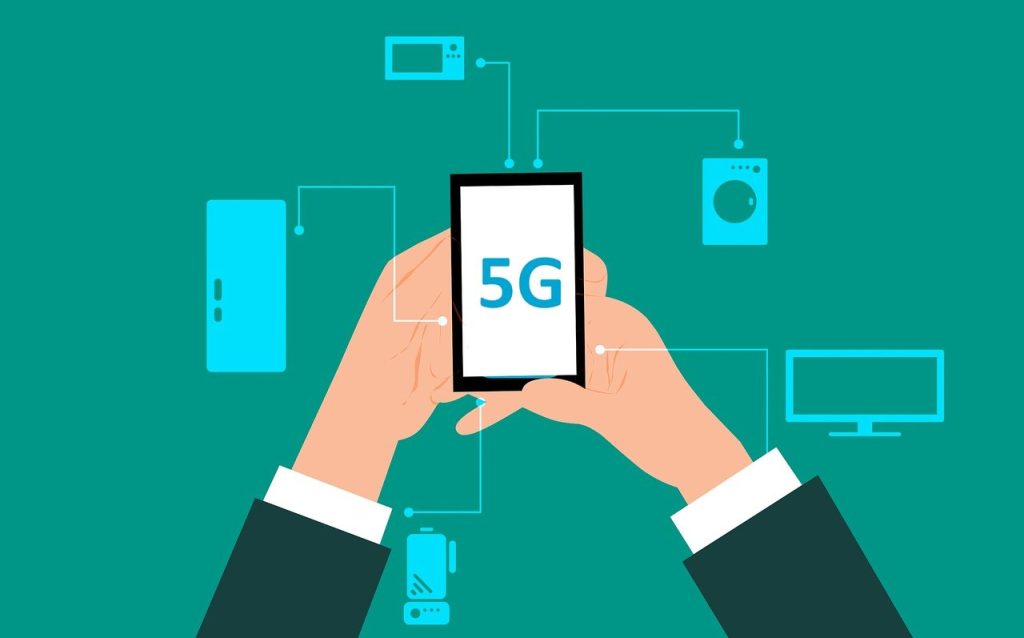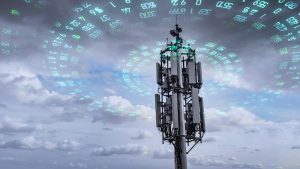TIM Brasil Begins 5G Network Rollout with Huawei and Ericsson

According to Brazilian press reports, carrier TIM has confirmed that Huawei and Ericsson will be the suppliers it will use for the equipment of its 5G network. Leonardo Capdeville, the CTIO of the operator, confirmed that it was the plan of the company to introduce 5G services in the country before the deadline outlined in the auction rules in Brazil, which is that of July 2022. The executive said that they had a very short goal of activating the Federal District and capitals by July. The two companies had participated with TIM in proofs-of-concept in Minas Gerais and Santa Catarina, respectively.
However, Capdeville did add that there was a possibility of choosing other vendors in any future phases of the rollout of the 5G network. He said that the process was a continuous one and while they were starting with Huawei and Ericsson, it didn’t mean that the company would stop analyzing opportunities He stated that they had to run because the deadline was a short one. TIM had conducted tests in October of a 5G Standalone (SA) network and had partnered with Qualcomm, Motorola and Ericsson to do so. The company’s commercial network was used for establishing the 5G NR CA SA data connection, which is associated with TIM’s 3.5 GHz experimental network.
The 5G SA RAN infrastructure of Ericsson was used for completing the 5G NR CA performance, along with smartphones from Motorola with Snapdragon 778G. They also used 870 5G Mobile Platforms that had X55 5G Modem-RF Systems and Snapdragon X53. In the previous month, Brazil had managed to use its 5G spectrum auction for raising a whopping 47.2 billion reais, which is around $8.5 billion. The government had used the auction for awarding spectrum in the 26 GHz, 3.5 GHz, and 2.3 GHz and 700 MHz.
It was noted by the government that the total amount raised included the price for using the licenses, the premium paid and also the investment commitments connected to each band. The main mobile operators in the country are TIM, Claro and Vivo and they managed to secure 5G spectrum, along with telecom operators like Sercomtel and Algar Telecom. There were also six new entrants who were able to secure 5G spectrum in the government’s auction. More than 1.7 billion reais were spent by Vivo for acquiring 5G licenses. Next came Telefonica’s Vivo that spent more than 1.1 billion reais and an investment of 1 billion reais was also made by TIM.
The government confirmed that these three telcos had made the acquisition of the spectrum in 26 GHZ, 3.5 GHz and 2.3 GHz bands. According to the rules that had previously been approved by Anatel, the telecommunications watchdog in Brazil, 5G needs to be deployed in the Brazilian state capitals by July 31st next year. Cities in Brazil that have more than 500,000 inhabitants will have access to 5G by July 31st, 2025, whereas July 31st, 2026 is the deadline for locations that have more than 200,000 inhabitants. A year later, areas with more than 100,000 inhabitants will get the technology.




